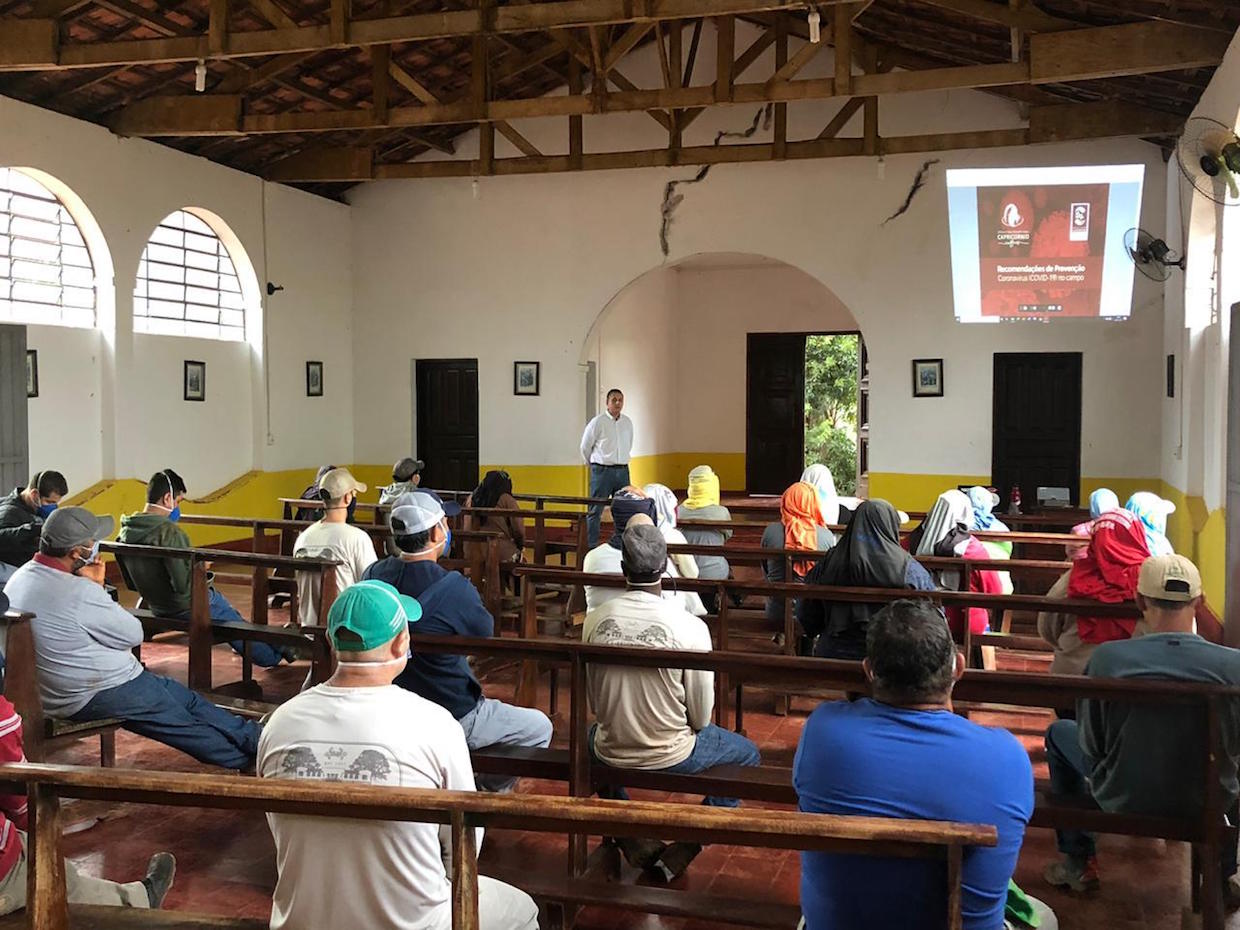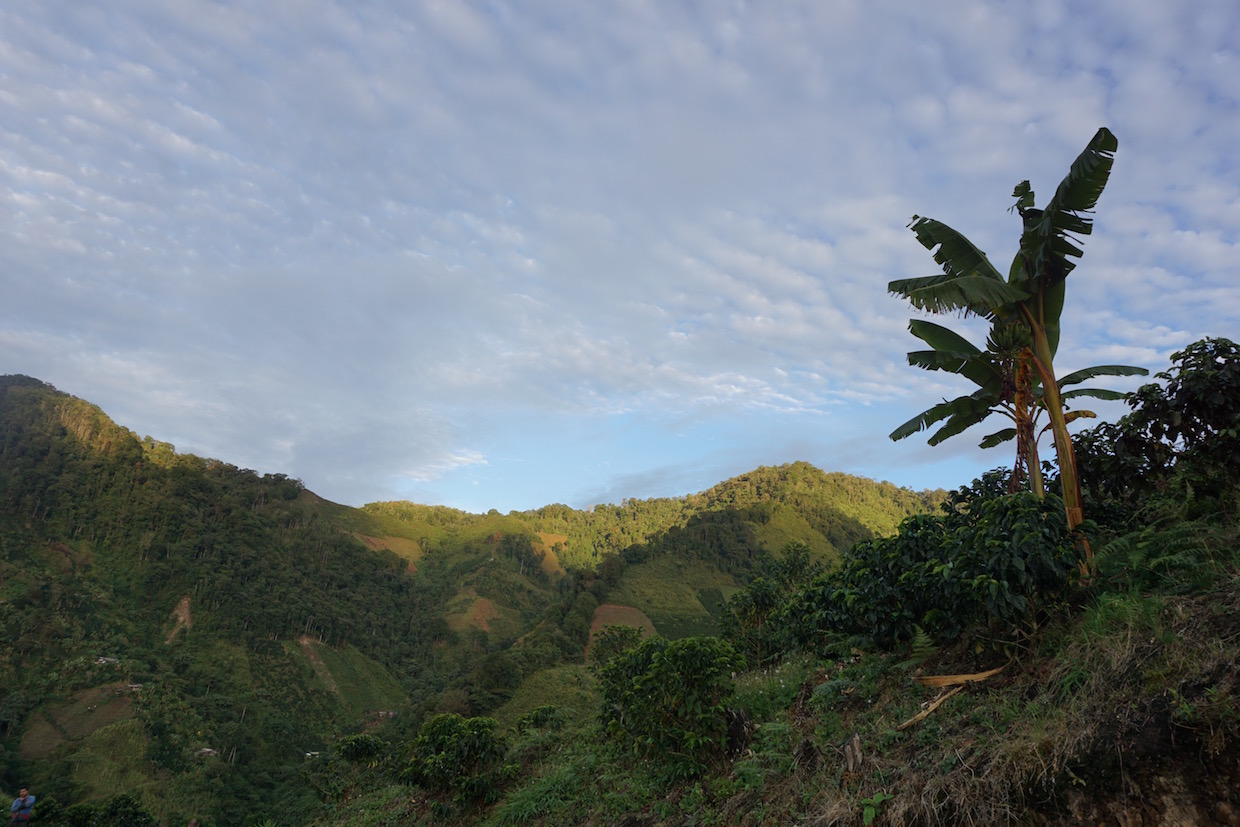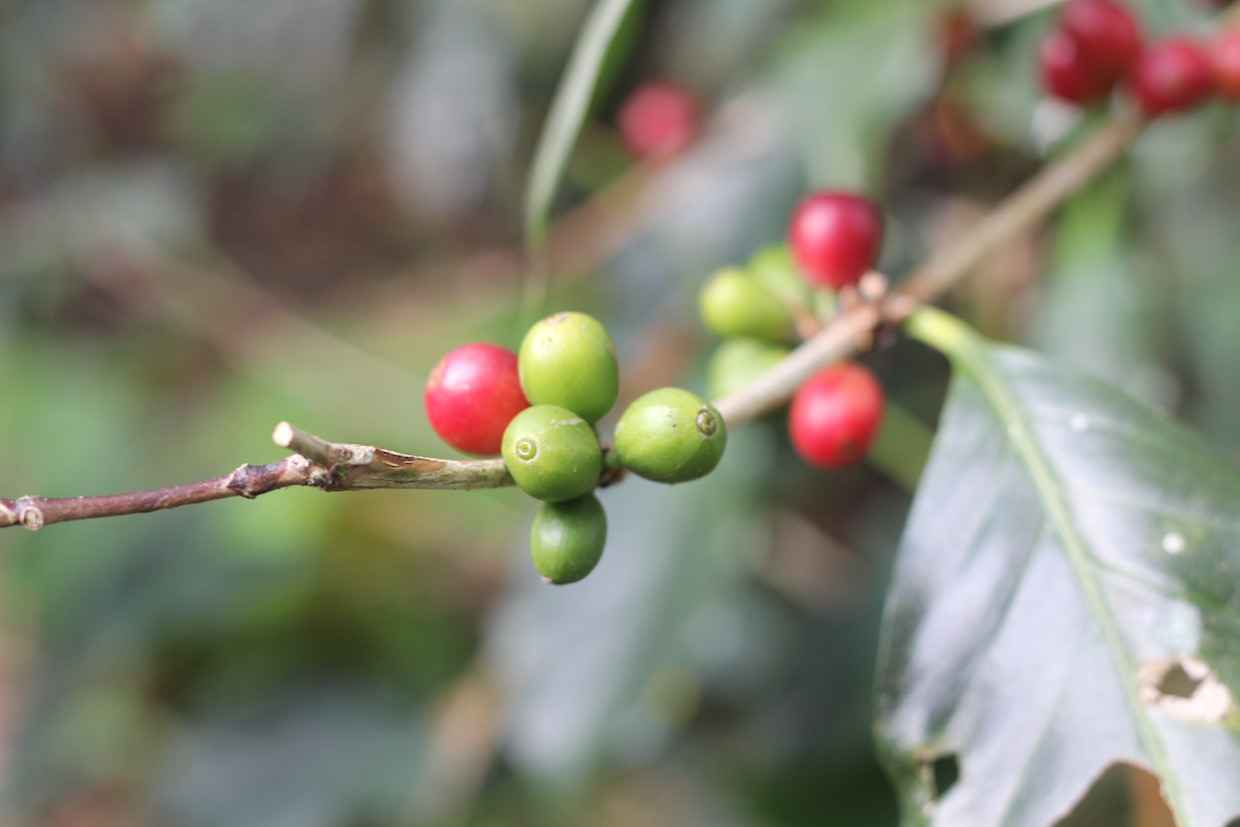Coming into 2020, commodity coffee prices remained a common foe among coffee producers all over the globe, as the “C market price” remained woefully low. Then came 2020, and another C-word.
As with retailers, roasters, traders, multinational conglomerates or mom-and-pop corner shops, it would be foolish to assume that the COVID-19 pandemic has affected coffee producer groups everywhere in the same way.
Yet, as with all those other actors in the coffee chain, the pandemic has at once heightened and amplified the existing imbalances of power, risk and wealth. By many accounts, coffee farmworkers and small-scale coffee farmers were put into even more vulnerable positions by the pandemic, leading to documented increases in poverty, increased food insecurity, and increased farm abandonment.
While COVID presented plenty of bad news this year, it wasn’t the only news. Scratching the surface of the vast and multiplex landscape in which coffee is grown, below are some of our most-read news stories of 2020 relating to coffee production.
For related stories, check out our year-end reviews on coffee sustainability and coffee science.
Hurricane Damage Estimates Emerging from the Coffee Lands of Honduras and Nicaragua
Early official government estimates suggest that more than 10,000 hectares (about 25,000 acres) of coffee farmland have been completely or partially damaged in Honduras and Nicaragua alone due to the recent hurricanes Eta and Iota.
First Ethiopia Cup of Excellence Auction Generates Record High $1.34 Million
Green coffee buyers from all over the globe paid top dollar at the first ever Ethiopia Cup of Excellence (CoE) auction, offering a combined $1.34 million USD for the 28 winning coffee lots.

Luiz Roberto Saldanha Rodrigues reviews Capricornio Coffee’s COVID-19 response and procedures for farm workers. Image courtesy of Fazenda California.
With a Disrupted Coffee Value Chain, Collaboration is Needed to Help Save Specialty
As the initial panic over COVID-19 begins to subside and coffee companies begin to look beyond their immediate, short-term concerns, specialty coffee sellers and buyers are beginning to take a deeper look at the disruptions that various value chain partners are experiencing, and what the medium-term effects might be.
Colombia Bets on Farmers with $64 Million Coffee Price Stabilization Fund
The Colombian government officially launched a coffee price stabilization fund designed to protect the country’s hundreds of thousands of coffee farmers from the volatility of the commodities market.

A coffee landscape in the Tolima Department, home to the El Jordan group of producers. Image courtesy of Stumptown Coffee Roasters.
A Remarkable Assessment of Direct Trade from Stumptown and Caravela
In mid-February, Portland, Oregon-based Third Wave coffee pioneer Stumptown Coffee Roasters, along with specialty coffee trading company Caravela Coffee, released the results of an impact report on direct trade.
New Nonprofit The Mokha Institute Hopes to Boost Yemeni Coffee
A group of specialty coffee and development professionals has created a nonprofit called The Mokha Institute, designed to provide technical direction for the coffee sector of Yemen.
Newly Discovered Arabica Genetic Group Yemenia Enters the Global Market
A new genetic group of the arabica coffee (Coffea arabica) species found to have immense quality potential has been confirmed in Yemen. It has been named Yemenia, which can be translated to “the Yemeni mother.”
Nespresso Releases Plan to Combat Child Labor Found in its Supply Chain
Following a British public television Channel 4 investigative report that aired in March, Nespresso has announced the results of its own internal investigation into child labor in its supply chain in the Fraijanes region of Guatemala.
Farmers in Eastern DR Congo Overcome Extreme Challenges to Produce Great Coffee
On top of the typical challenges facing coffee growers, farmers in North Kivu in the Eastern Democratic Republic of Congo this harvest season have seen attacks by armed groups, flooding and mudslides, the Ebola epidemic and now the COVID-19 pandemic.
Colombia-Based Promising Crops Pledges to Build a More Sustainable Coffee Sector
A team of coffee experts based in Colombia has reimagined, expanded and relaunched the coffee-producer-focused social enterprise Promising Crops with the goal of expanding sustainable agriculture and increasing market access among rural communities.
Guatemala to Exit the International Coffee Agreement
As the coffee price crisis wears on, the government of Guatemala has officially begun its exit from the International Coffee Agreement of 2007, which was designed to promote a more equitable coffee trade to support smallholder farmers throughout the world.
How Climate Change May Already Be Affecting Brazil’s 2021 Crop
Every year around mid-September, with about 90% of the Brazilian coffee harvest completed, traders, roasters, speculators and financial actors all over the world start to think about projections for the next season.
Mesoamerican Producer Survey: The Pandemic Will Leave Long-Lasting Scars
After understanding the main concerns of South American coffee growers as the new harvest commenced in the middle of the COVID-19 pandemic, we now shift our attention to Central American and Mexican coffee producers.
Global Coffee Platform Launching Modern Day Slavery Initiative in Brazil
The nonprofit Global Coffee Platform (GCP) is launching a four-year initiative tackling the ongoing issue of modern day slavery in the Brazilian coffee sector.
Colombia Harvest Report: Higher Prices and Yields Ease COVID Worries
The traviesa — the smaller mid-season harvest from April to June — proved a harbinger of what was to come in terms of prices, with record highs having been sustained as we enter the last quarter. What’s more, the appropriate amount of rainfall during the wet season has helped to protect crops by keeping the destructive coffee borer beetle, or “broca beetle” at bay.
Red Fox Coffee Merchants Investing in Mexico with Oaxaca Office
The facility builds upon a model Red Fox has been refining with an existing outpost in Lima, Peru, while reflecting the company’s desire to discover and promote more traceable, high-quality coffees from Oaxaca and farther afield in Southern Mexico.








Comment